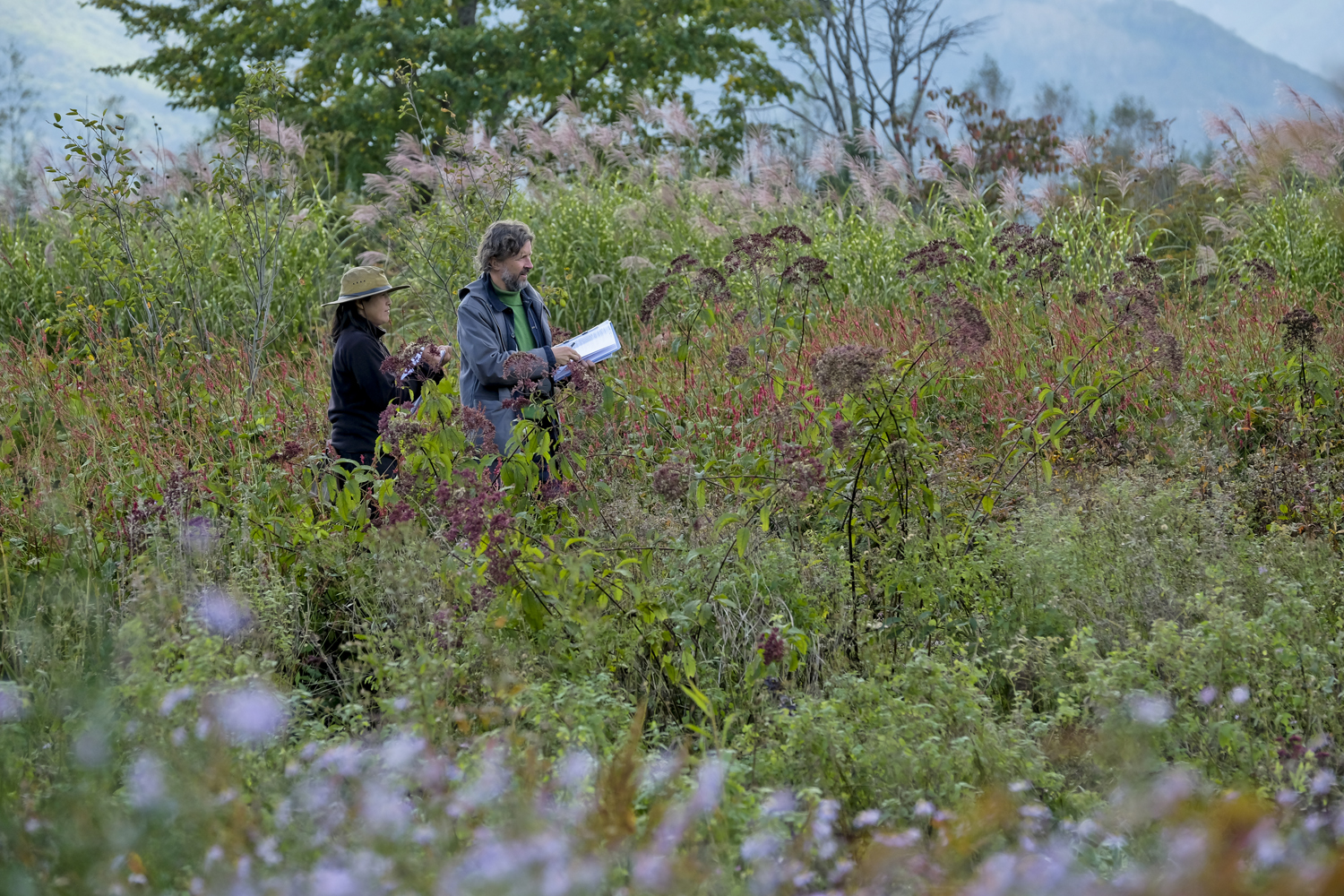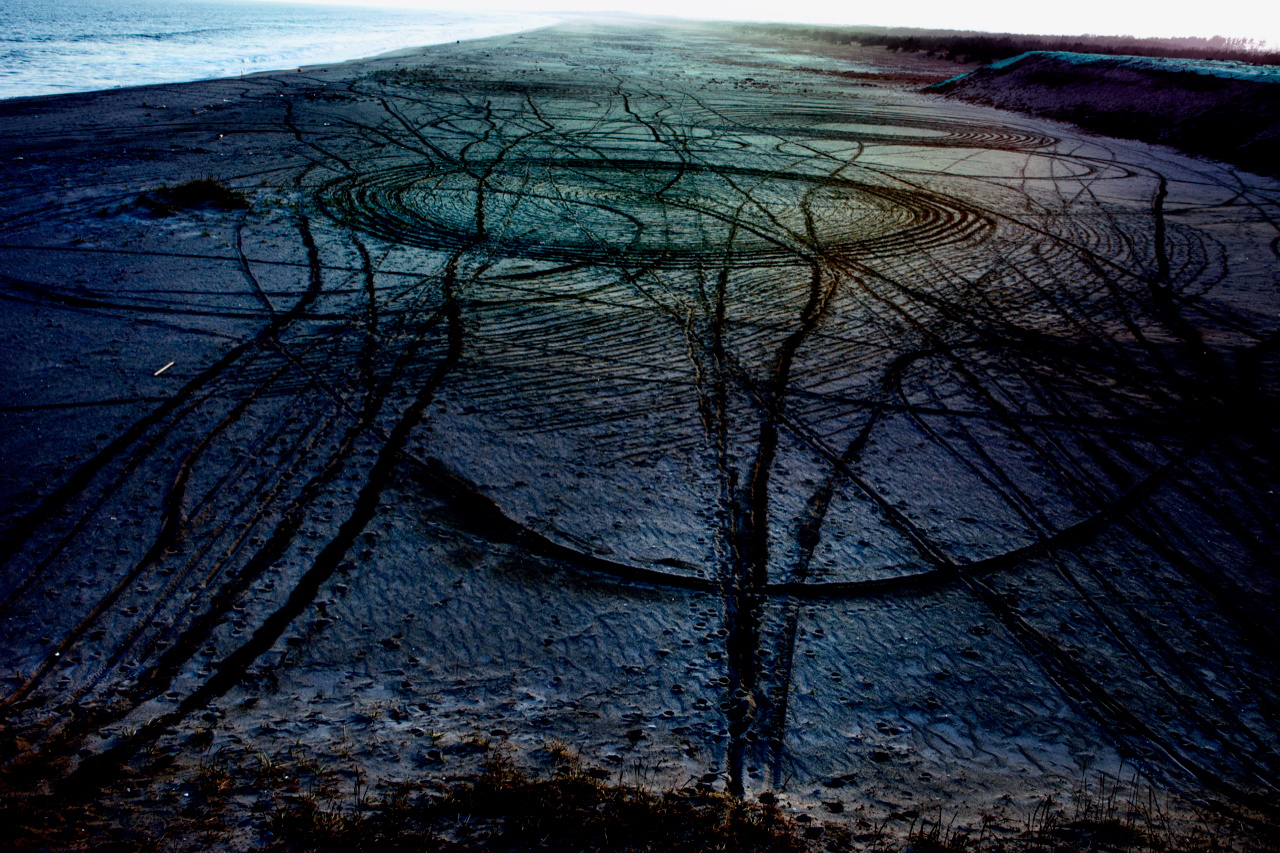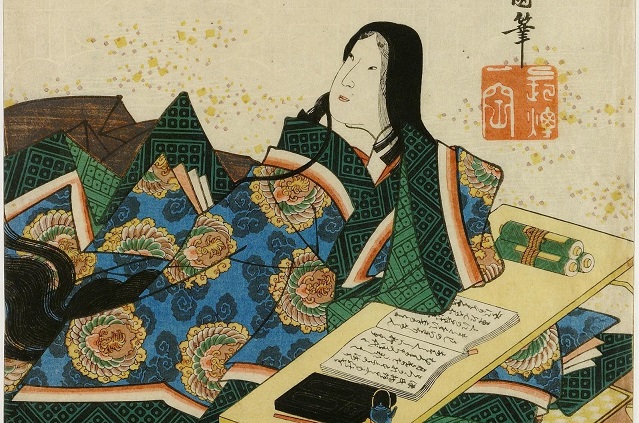25 May 2021
Jeremy Thomas – Working with Japanese Film Directors
In this webinar, chaired by film producer Shozo Ichiyama, legendary Oscar-winning auteur and film producer Jeremy Thomas discussed the cultural influences surrounding Japanese cinema and what drew him to work with Japanese directors and actors, and explored creative approaches to scripted projects that break through with international audiences.
Fully bookedMore info










